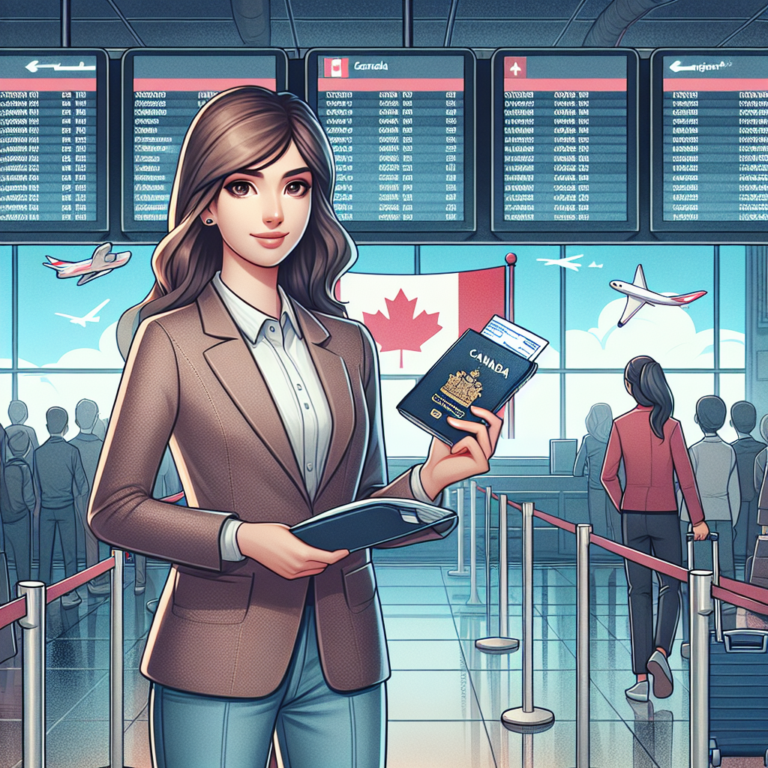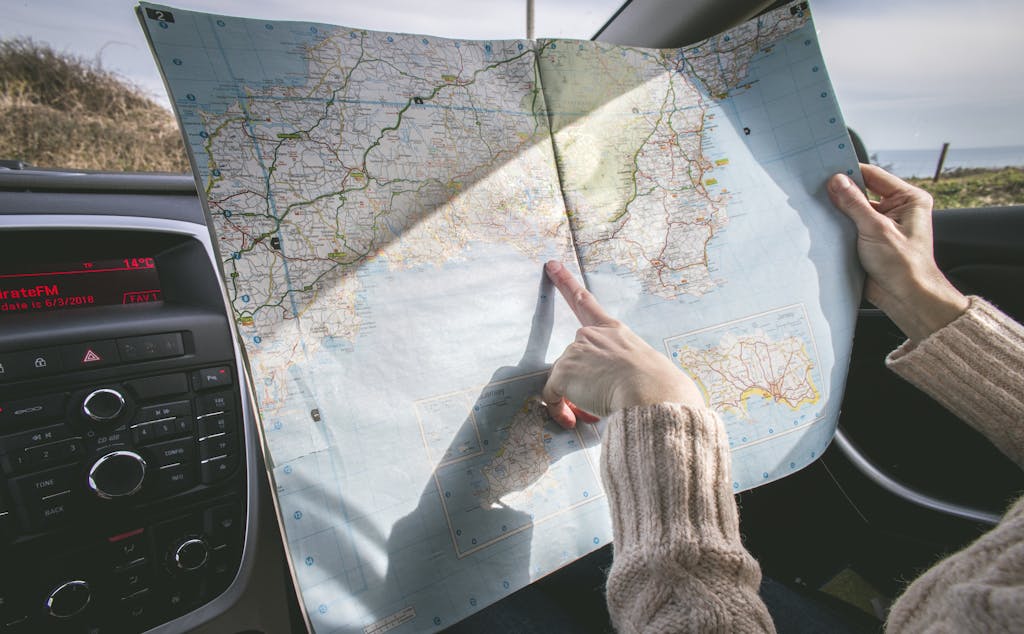Understanding Canada Customs Limits: What You Need to Know Before You Travel
When traveling to Canada, it’s essential to understand the customs limits to avoid unexpected fees and ensure a smooth entry. Canada has specific regulations regarding duty-free allowances, restricted items, and prohibited goods. This blog post will provide a comprehensive guide to help you navigate Canada customs limits, ensuring your trip goes off without a hitch.
1. Duty-Free Allowances
Canada allows travelers to bring in a certain amount of goods duty-free, depending on the length of their stay outside the country. Here are the key duty-free allowances for Canadian residents returning from abroad:
- 24-Hour Trip: If you have been outside of Canada for at least 24 hours, you can bring back up to CAD 200 worth of goods duty-free. However, this allowance does not include alcohol and tobacco.
- 48-Hour Trip: For trips lasting 48 hours or more, the duty-free allowance increases to CAD 800. This allowance includes alcohol and tobacco products.
- 7-Day Trip: For trips lasting seven days or more, the duty-free allowance remains CAD 800, including alcohol and tobacco.
2. Alcohol and Tobacco Limits
Canada has specific limits on the amount of alcohol and tobacco products you can bring into the country duty-free. These limits are included in the 48-hour and 7-day duty-free allowances:
- Alcohol:
- 1.5 liters of wine (two 750 ml bottles), or
- 1.14 liters (40 ounces) of spirits, or
- 8.5 liters of beer or ale (approximately 24 cans or bottles).
- Tobacco:
- 200 cigarettes,
- 50 cigars,
- 200 grams of manufactured tobacco, and
- 200 tobacco sticks.
It’s important to note that if you exceed these limits, you will be required to pay duty and taxes on the excess amounts.
3. Restricted and Prohibited Items
Certain items are restricted or prohibited from entering Canada. Being aware of these regulations will help you avoid potential issues at the border:
- Firearms and Weapons: Strict regulations apply to the importation of firearms and weapons. You must declare all firearms and weapons at the border, and some may require permits or licenses. Certain weapons, such as tasers, pepper spray, and switchblades, are prohibited.
- Food, Plants, and Animals: Importing food, plants, and animals into Canada is subject to regulations to protect Canadian agriculture and the environment. Certain items may require permits or certificates, and some are prohibited.
- Controlled Substances: Drugs and controlled substances, including cannabis, are subject to strict regulations. It is illegal to bring cannabis into Canada, even if you are authorized to use it for medical purposes in another country.
- Cultural Property: Some cultural property, such as antiques and artifacts, may be subject to import restrictions. Ensure you have the necessary documentation if you are bringing such items into Canada.
4. Declaring Goods
When entering Canada, you must declare all goods you are bringing with you, including duty-free items and gifts. Failure to declare goods can result in penalties, including fines and seizure of the items. Here are some tips for declaring goods:
- Be Honest: Always declare all items truthfully. Attempting to smuggle items or provide false information can lead to severe penalties.
- Keep Receipts: Maintain receipts for all purchases made abroad. These receipts will help you accurately declare the value of the goods you are bringing into Canada.
- Use the Traveller Declaration Card: When arriving by air or sea, you will be given a Traveller Declaration Card to fill out. This card helps you declare the goods you are bringing into the country. If arriving by land, you can declare your goods verbally to the border services officer.
5. Exceeding Duty-Free Limits
If you exceed the duty-free limits, you will be required to pay duty and taxes on the excess amounts. The amount you owe will depend on the value of the goods and the applicable duty rates. The Canada Border Services Agency (CBSA) provides information on duty rates and calculation methods on their website.
6. Personal Exemptions for Non-Residents
Non-residents visiting Canada can bring gifts worth up to CAD 60 each duty-free. Gifts exceeding this amount are subject to duty and taxes on the excess value. Additionally, non-residents can bring personal effects, such as clothing, camping gear, and personal electronics, without paying duty and taxes, provided these items are for personal use and not intended for sale.
Conclusion
Understanding Canada customs limits is crucial for a hassle-free travel experience. By knowing the duty-free allowances, alcohol and tobacco limits, and regulations for restricted and prohibited items, you can ensure a smooth entry into Canada. Always declare all goods truthfully, keep receipts, and be aware of the requirements to avoid penalties and enjoy your visit to Canada.







